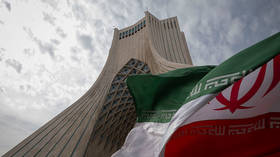
In a world where headlines scream of conflicts and tensions, some countries have mastered the art of staying serene while others struggle with chaos.
The Global Peace Index 2025 reveals fascinating insights into which nations have cracked the code of tranquillity. These 10 most peaceful countries in the world prove that peace isn’t just a dream—it’s a measurable reality for those who prioritise harmony over hostility!
 Photo- Tech/Life in Ireland
Photo- Tech/Life in Ireland10 Most Peaceful Countries in the World
The Global Peace Index evaluates countries based on 3 core domains:
- Societal safety and security
- Ongoing domestic and international conflict
- Militarization
Each nation receives a score where lower numbers indicate greater peacefulness, making it a comprehensive assessment of what truly makes a country peaceful.
1. Iceland (GPI Score: 1.095)
 Westfjords, Iceland; Photo- Iceland Tours
Westfjords, Iceland; Photo- Iceland ToursIceland continues its remarkable streak as the world’s most peaceful country, maintaining this prestigious position since 2008. This Nordic island nation has achieved something extraordinary in today’s turbulent world—creating a society where violence is virtually non-existent and international conflicts are resolved through diplomacy rather than force.
The country maintains no standing army, relying instead on a coast guard and police force.
Their homogeneous society, strong democratic institutions, and robust social safety net contribute to remarkably low crime rates. The nation’s geographic isolation provides natural security, while its commitment to renewable energy and environmental sustainability creates internal stability. Iceland’s approach to criminal justice emphasises rehabilitation over punishment, resulting in one of the world’s lowest incarceration rates.
2. Ireland (GPI Score: 1.260)
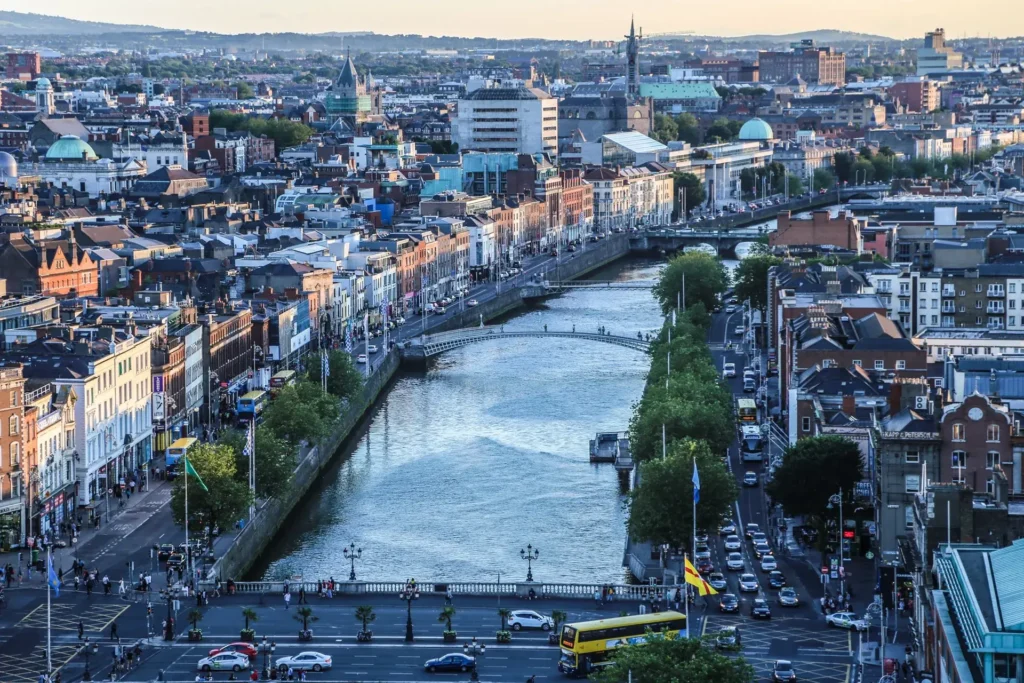 Dublin, Ireland; Photo- Moniker
Dublin, Ireland; Photo- MonikerIreland’s second-place ranking represents a remarkable transformation from its turbulent past. The country has successfully evolved from decades of internal conflict to become one of Europe’s most stable democracies.
Ireland’s commitment to neutrality in international affairs, combined with strong EU membership, has positioned it as a mediator rather than a participant in global conflicts.
The nation’s economic prosperity, built on technology and pharmaceutical industries, has created widespread opportunities that reduce social tensions. Ireland’s investment in education and social programs has fostered a culture of inclusion and opportunity. Their approach to handling historical grievances through peace processes and reconciliation has become a model for other nations emerging from conflict.
3. New Zealand (GPI Score: 1.282)
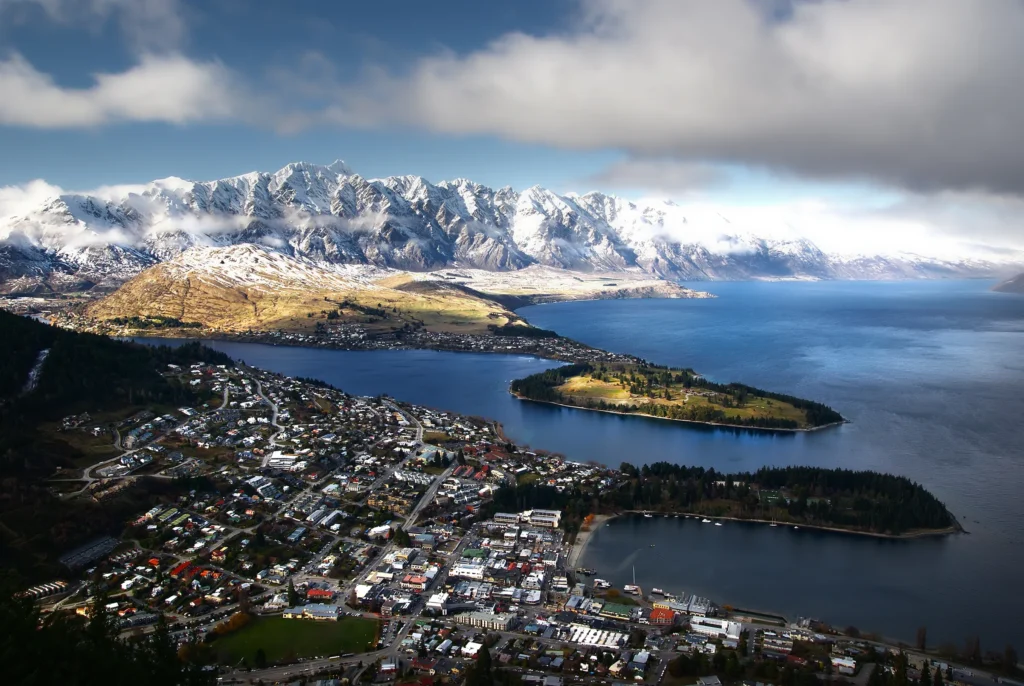 Queenstown, New Zealand; Photo- Wikipedia
Queenstown, New Zealand; Photo- WikipediaNew Zealand’s third-place position reflects its unique combination of geographic advantages and progressive governance. The country’s isolation in the Pacific Ocean provides natural security, while its small population and strong democratic traditions create an environment conducive to the peaceful resolution of disputes.
New Zealand’s military focuses primarily on peacekeeping and humanitarian missions rather than combat operations. The nation has cultivated a reputation for environmental stewardship and social progressivism, including early adoption of women’s suffrage and recent emphasis on indigenous rights. Their response to national tragedies, such as the Christchurch shooting, demonstrated remarkable unity and resilience while maintaining democratic values.
4. Austria (GPI Score: 1.294)
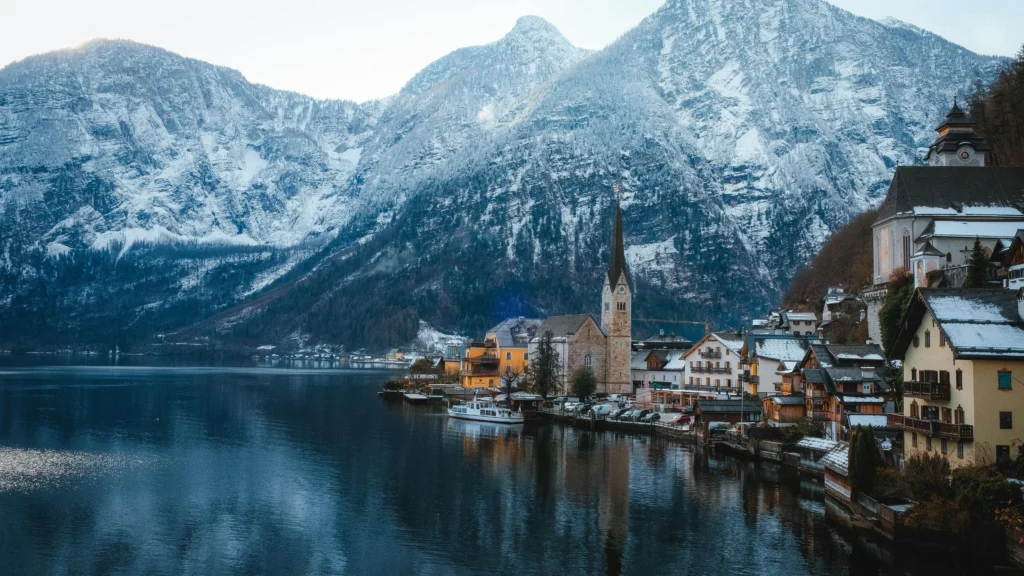 Scenic Winter View of Hallstatt, Austria; Photo- Pexels
Scenic Winter View of Hallstatt, Austria; Photo- PexelsAustria’s fourth-place ranking reflects its successful post-World War II transformation and commitment to permanent neutrality. Established in 1955, Austria’s neutrality has allowed it to serve as a bridge between East and West while avoiding entanglement in major conflicts.
The country’s prosperity, built on tourism, manufacturing, and services, has created a stable middle class with few grievances. Austria’s federal system allows for regional autonomy while maintaining national unity. Their investment in education, healthcare, and social services has created one of Europe’s most equitable societies, reducing the social tensions that often lead to conflict.
5. Switzerland (GPI Score: 1.294)
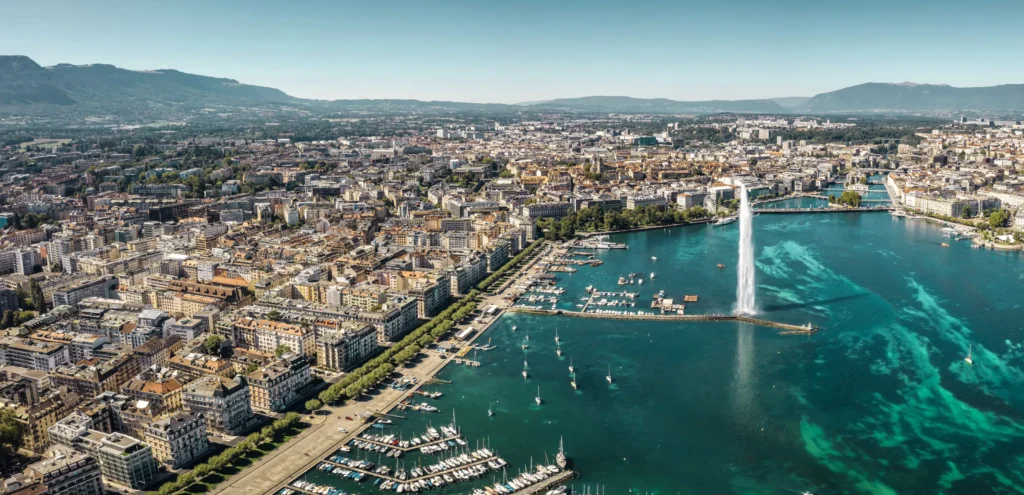 Geneva, Switzerland; Photo- Switzerland Tourism
Geneva, Switzerland; Photo- Switzerland TourismSwitzerland ties with Austria for fourth place, continuing its centuries-long tradition of neutrality and peace. The Swiss model combines direct democracy, federalism, and economic prosperity to create remarkable stability in the heart of Europe.
Switzerland’s military policy of armed neutrality—maintaining strong defences while avoiding alliances—has kept the country out of major conflicts for over 200 years!
Their banking and financial sectors provide economic stability, while their multicultural society demonstrates that diversity can coexist peacefully. The Swiss system of direct democracy gives citizens unprecedented influence over government decisions, creating buy-in for policies and reducing political tensions.
6. Singapore (GPI Score: 1.357)
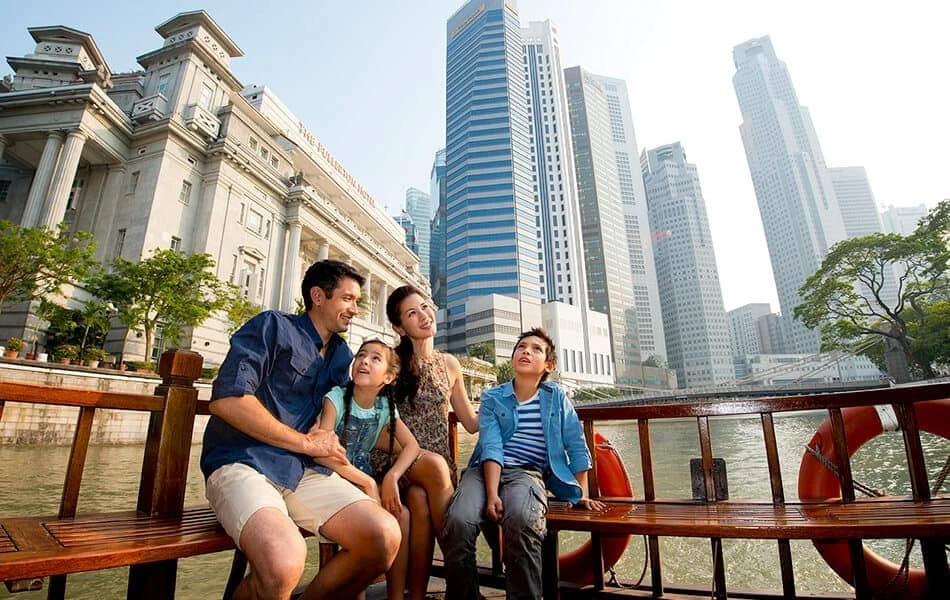 Photo- VisitSingapore (Facebook)
Photo- VisitSingapore (Facebook)Singapore stands as Asia’s lone representative in the top 10, demonstrating that peace and prosperity can flourish even in challenging regional environments. The city-state’s success stems from strong governance, economic diversification, and pragmatic foreign policy.
Singapore’s approach to maintaining peace involves strict law enforcement combined with extensive social programs. The government’s focus on meritocracy and economic opportunity has created a prosperous society where citizens have stakes in maintaining stability. Their strategic location and neutral foreign policy have made Singapore an essential hub for international trade and diplomacy.
7. Portugal (GPI Score: 1.371)
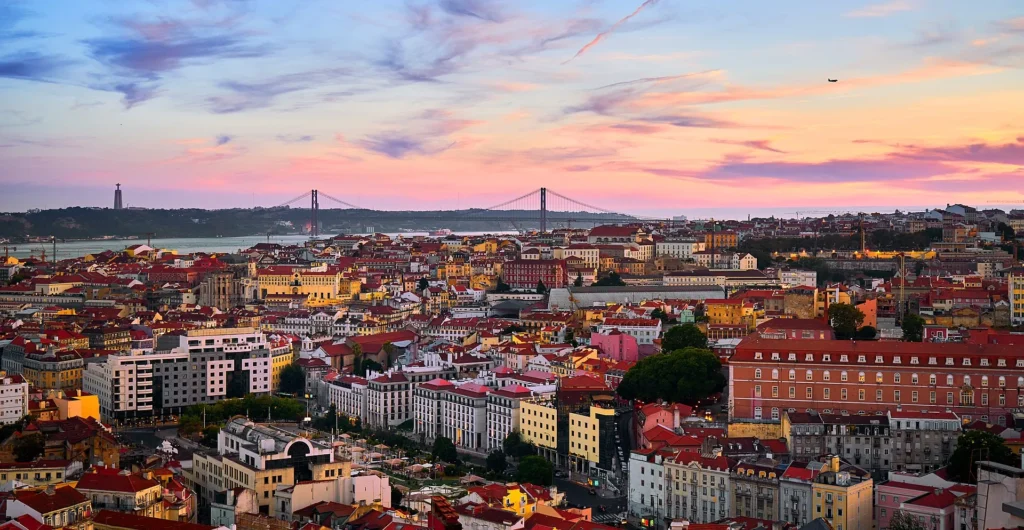 Lisbon, Portugal; Photo- Wikipedia
Lisbon, Portugal; Photo- WikipediaPortugal’s seventh-place ranking reflects its successful transition to democracy following the 1974 Carnation Revolution and its emergence as a stable European democracy. The country has transformed from a colonial power to a modern, peaceful nation focused on European integration and international cooperation.
Portugal’s relatively homogeneous society and strong Catholic traditions provide social cohesion, while EU membership has brought economic development and international security guarantees. The nation’s approach to drug policy, emphasising treatment over punishment, has reduced crime and social problems associated with substance abuse.
8. Denmark (GPI Score: 1.393)
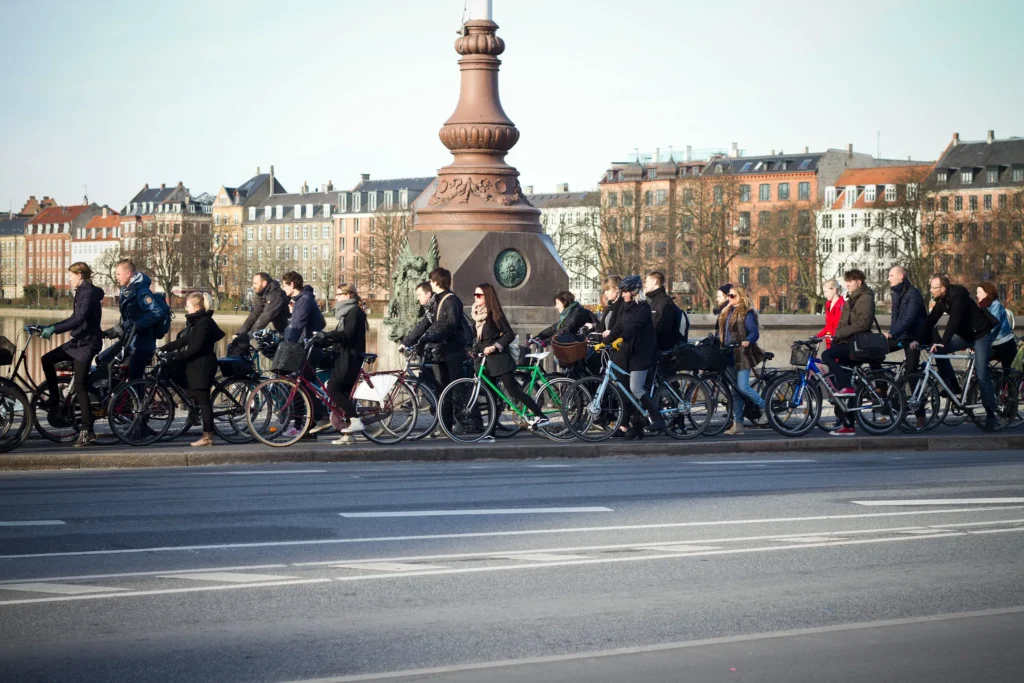 Bicycle Rush Hour Copenhagen; Photo- Mikael Colville-Andersen | Flickr
Bicycle Rush Hour Copenhagen; Photo- Mikael Colville-Andersen | FlickrDenmark’s eighth-place position reflects the broader Scandinavian model of combining economic prosperity with social equity. The country’s high taxes fund extensive social programs that reduce inequality and provide security for all citizens.
Danish society emphasises consensus-building and compromise, reducing political polarisation. Their concept of “hygge”—roughly translated as cosiness or contentment—reflects a cultural emphasis on well-being over material success. Denmark’s NATO membership provides external security, while its focus on international development aid demonstrates a commitment to global peace.
9. Slovenia (GPI Score: 1.409)
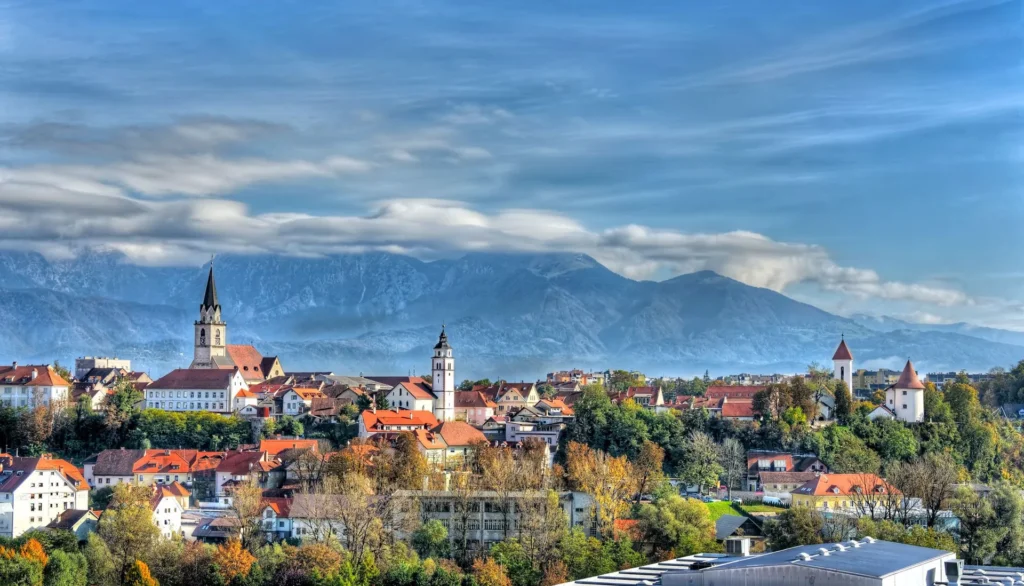 Kranj, Slovenia; Photo- Wikipedia
Kranj, Slovenia; Photo- WikipediaSlovenia’s ninth-place ranking represents a remarkable achievement for a country that emerged from the Yugoslav wars of the 1990s. The nation’s peaceful transition to independence and subsequent EU and NATO membership demonstrate successful post-conflict development.
Slovenia’s small size and homogeneous population have facilitated consensus-building and democratic governance. The country’s location between Western and Eastern Europe has made it a natural bridge between different cultural and political traditions. Their emphasis on environmental protection and sustainable development reflects long-term thinking that contributes to stability.
10. Finland (GPI Score: 1.420)
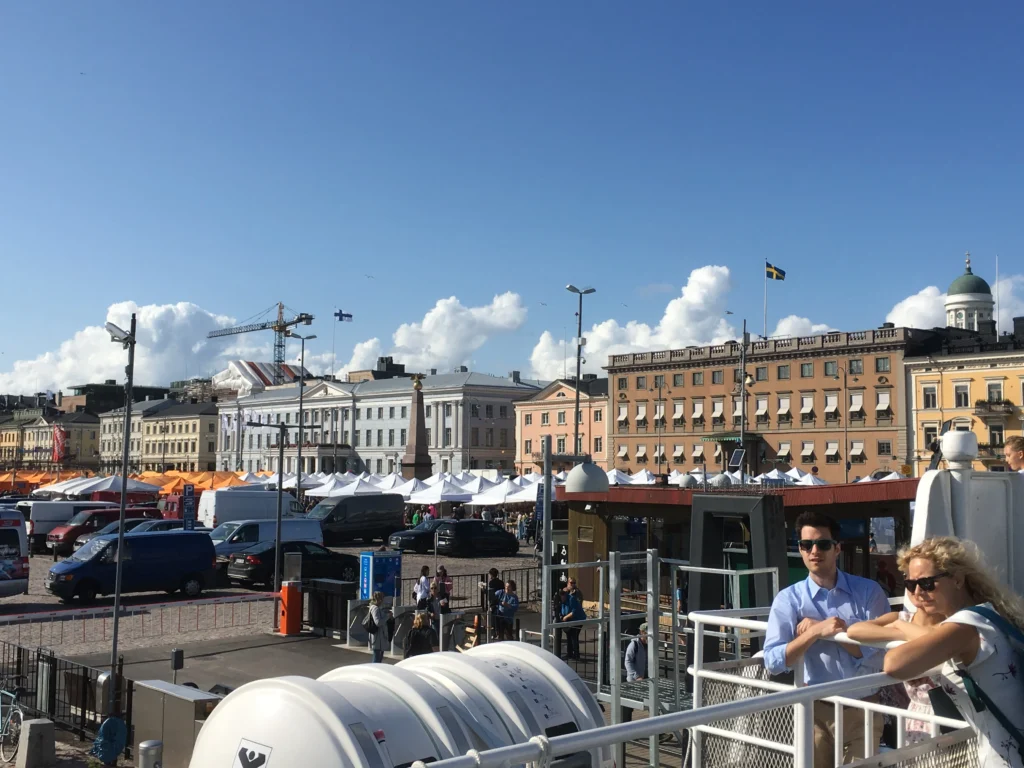 City of Helsinki, Finland; Photo- CAPTAIN RAJU; Wikimedia Commons
City of Helsinki, Finland; Photo- CAPTAIN RAJU; Wikimedia CommonsFinland rounds out the top 10 with a score that reflects its successful balance between neutrality and security. The country’s history of managing relations with both Russia and the West has created a pragmatic approach to international affairs.
Finland’s education system, consistently ranked among the world’s best, creates an informed citizenry capable of democratic participation. Their social democratic model provides extensive welfare benefits while maintaining economic competitiveness. The Finnish concept of “sisu”—determination and resilience—has helped the nation overcome historical challenges while maintaining peaceful development.
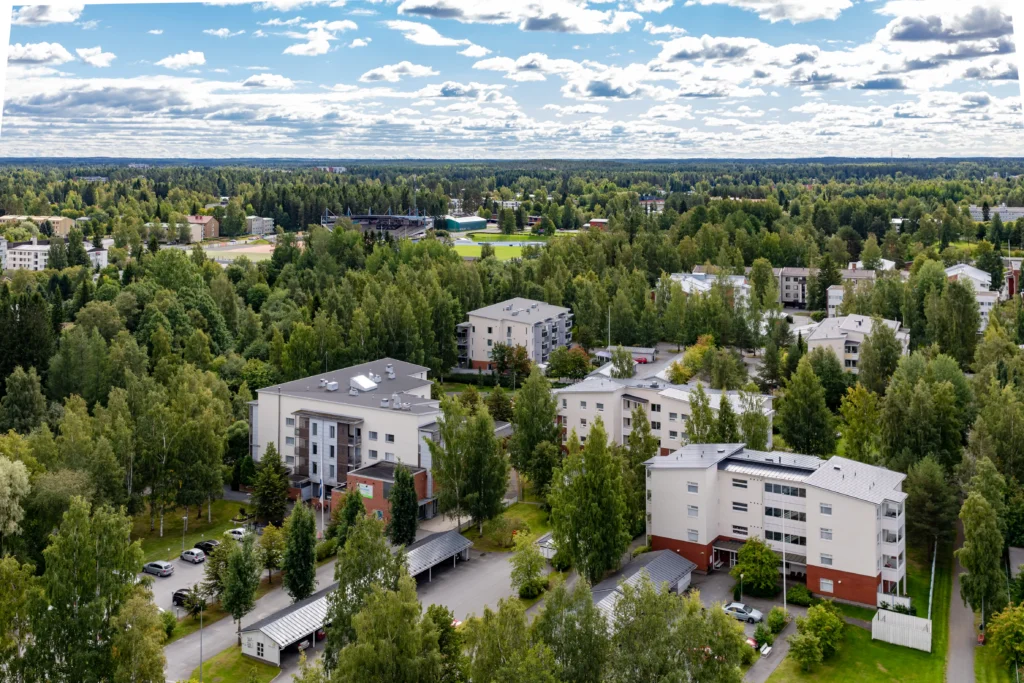 City of Seinäjoki, Finland; Photo- Ninara | Flickr
City of Seinäjoki, Finland; Photo- Ninara | FlickrBottom Line
The 2025 Global Peace Index reveals that the world’s most peaceful countries share common characteristics: strong democratic institutions, economic prosperity, social equity, and pragmatic foreign policies.
While global peace may be deteriorating overall, these 10 nations prove that tranquillity isn’t just possible—it’s profitable, sustainable, and surprisingly achievable.
Perhaps the rest of the world should take notes from these masters of zen-like governance before we all need to apply for asylum in Iceland!
Stay tuned with us. Further, follow us on social media for the latest updates.
Join us on Telegram Group for the Latest Aviation Updates. Subsequently, follow us on Google News
Cheapest Countries to Visit in 2025, No.8 Will Surprise You
The post Top 10 Most Peaceful Nations in the World in 2025 appeared first on Aviation A2Z.





